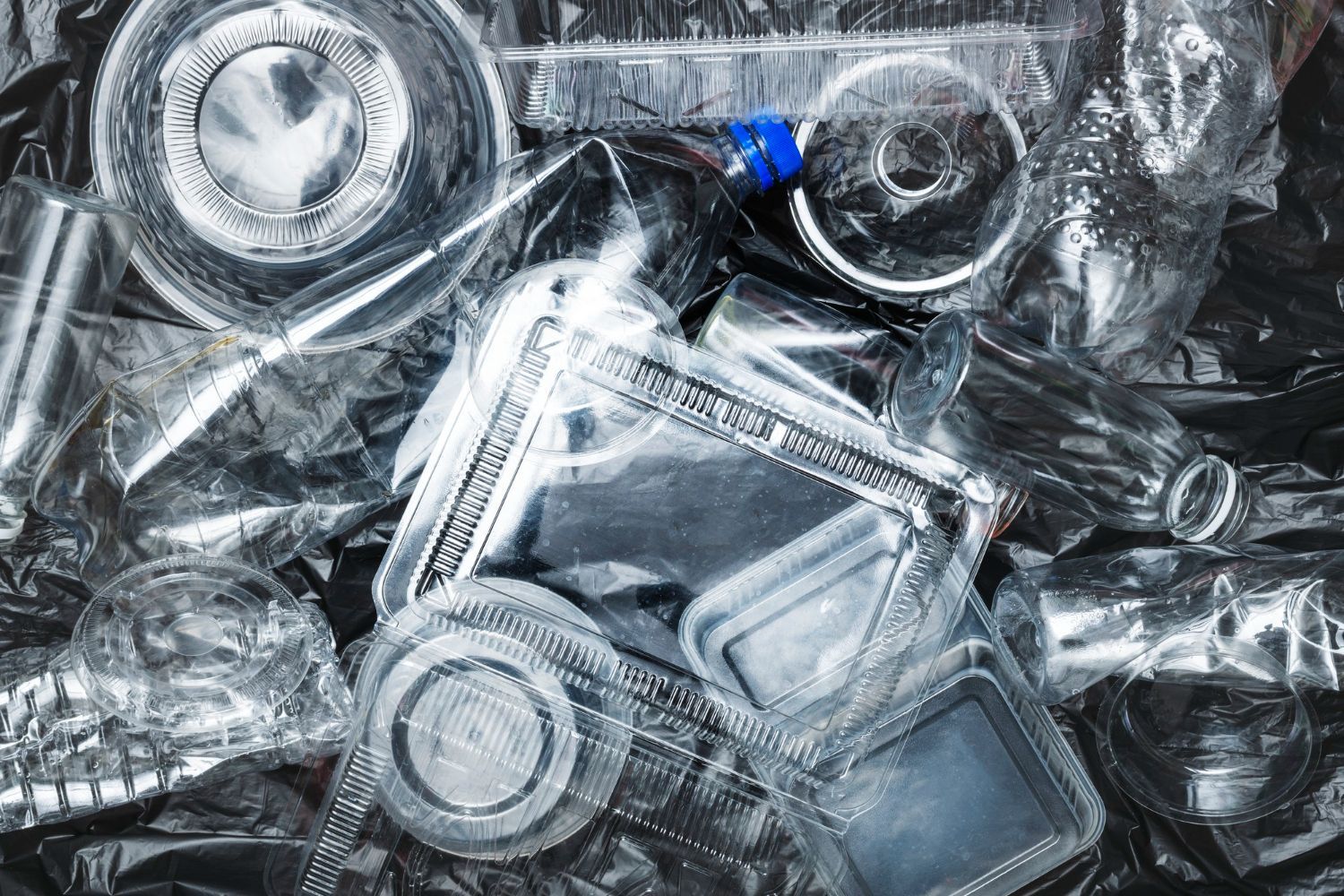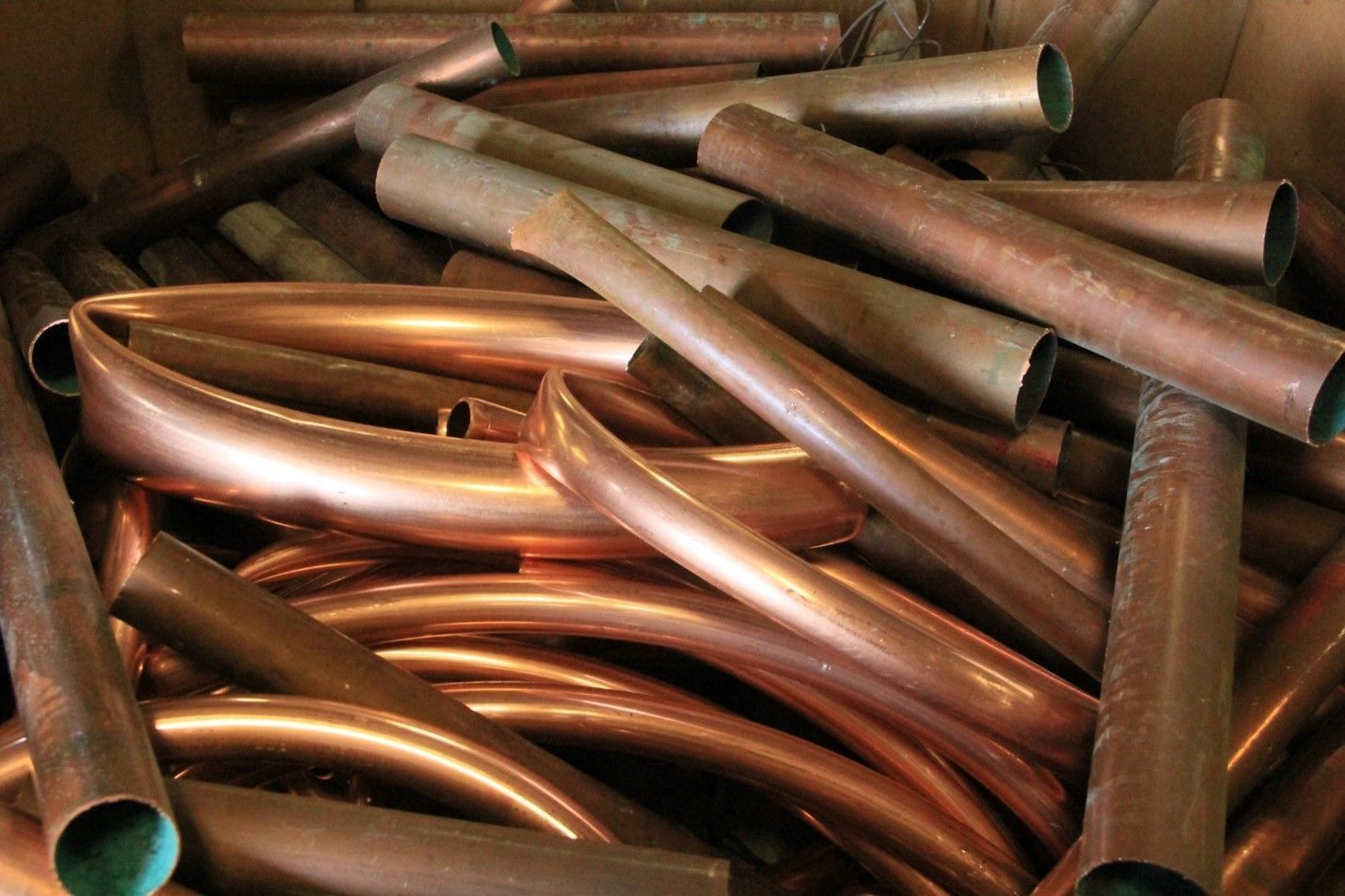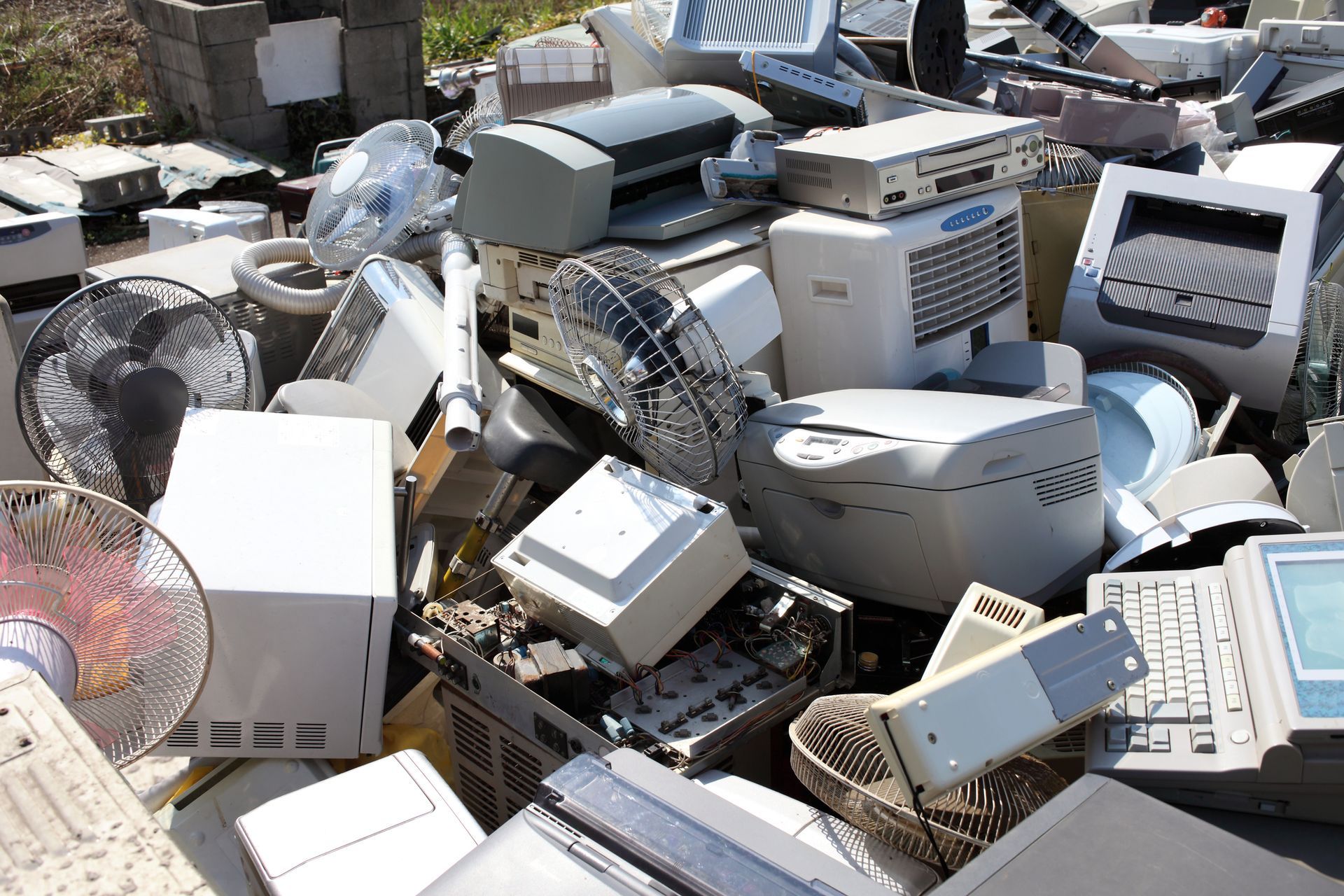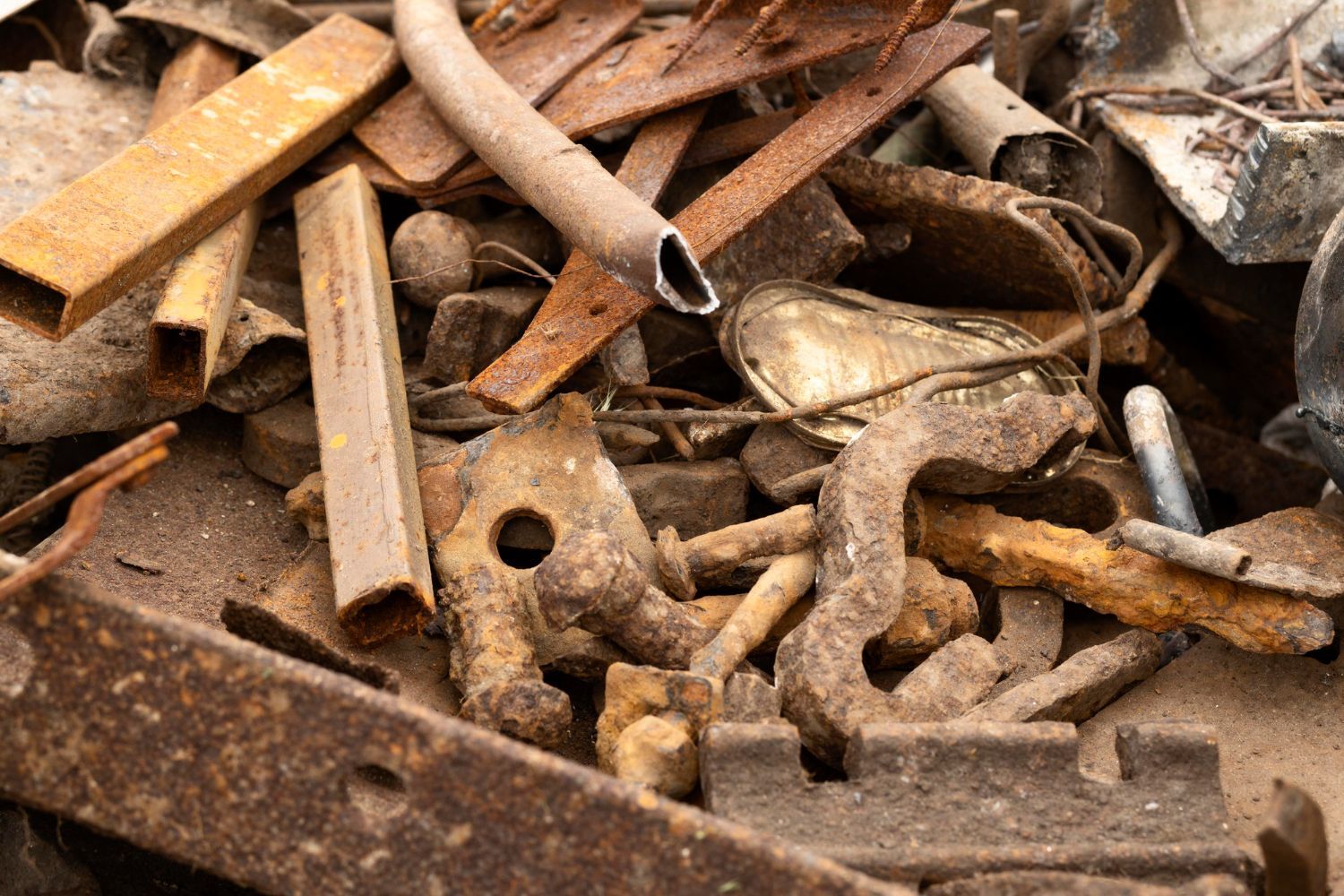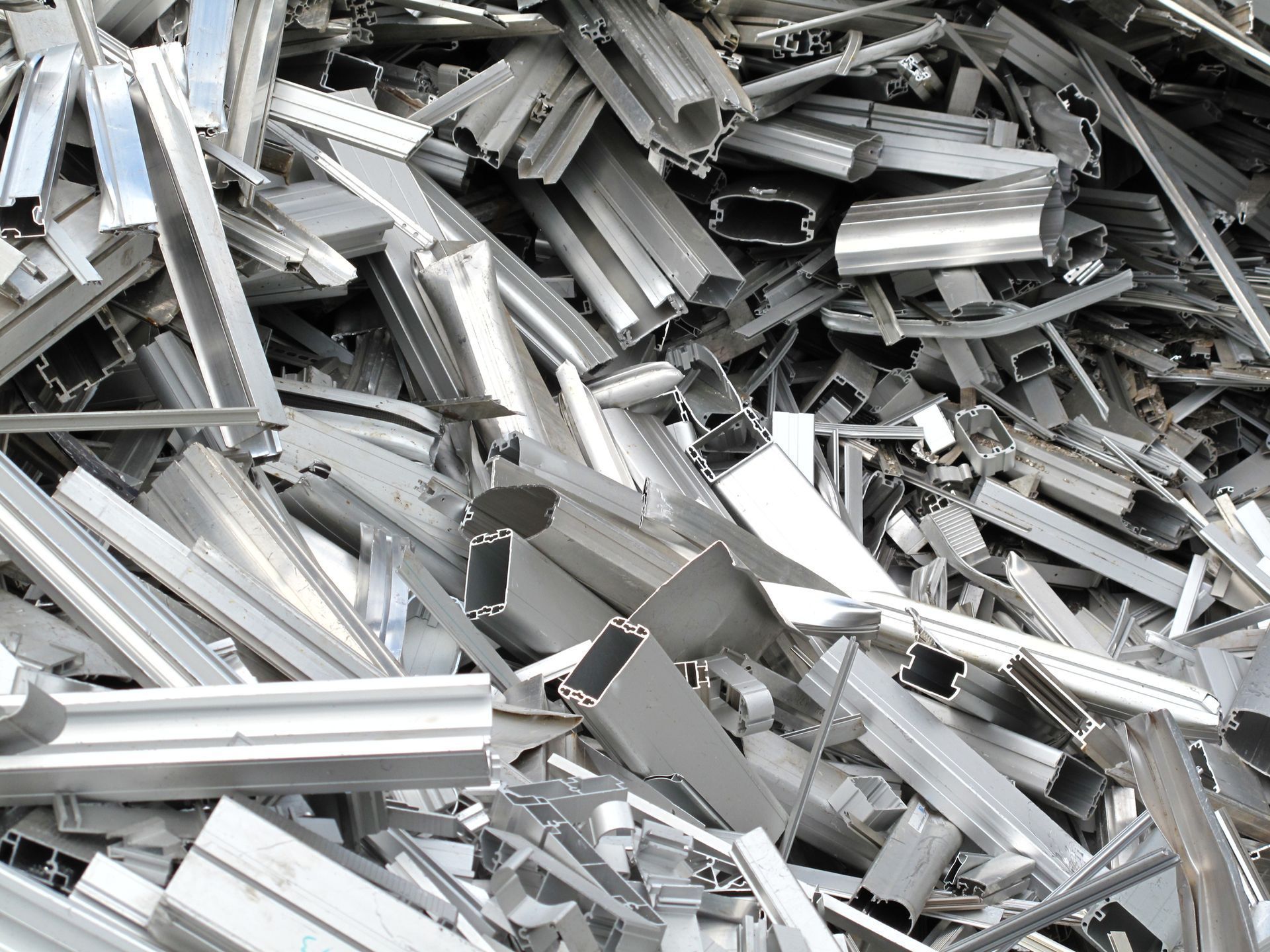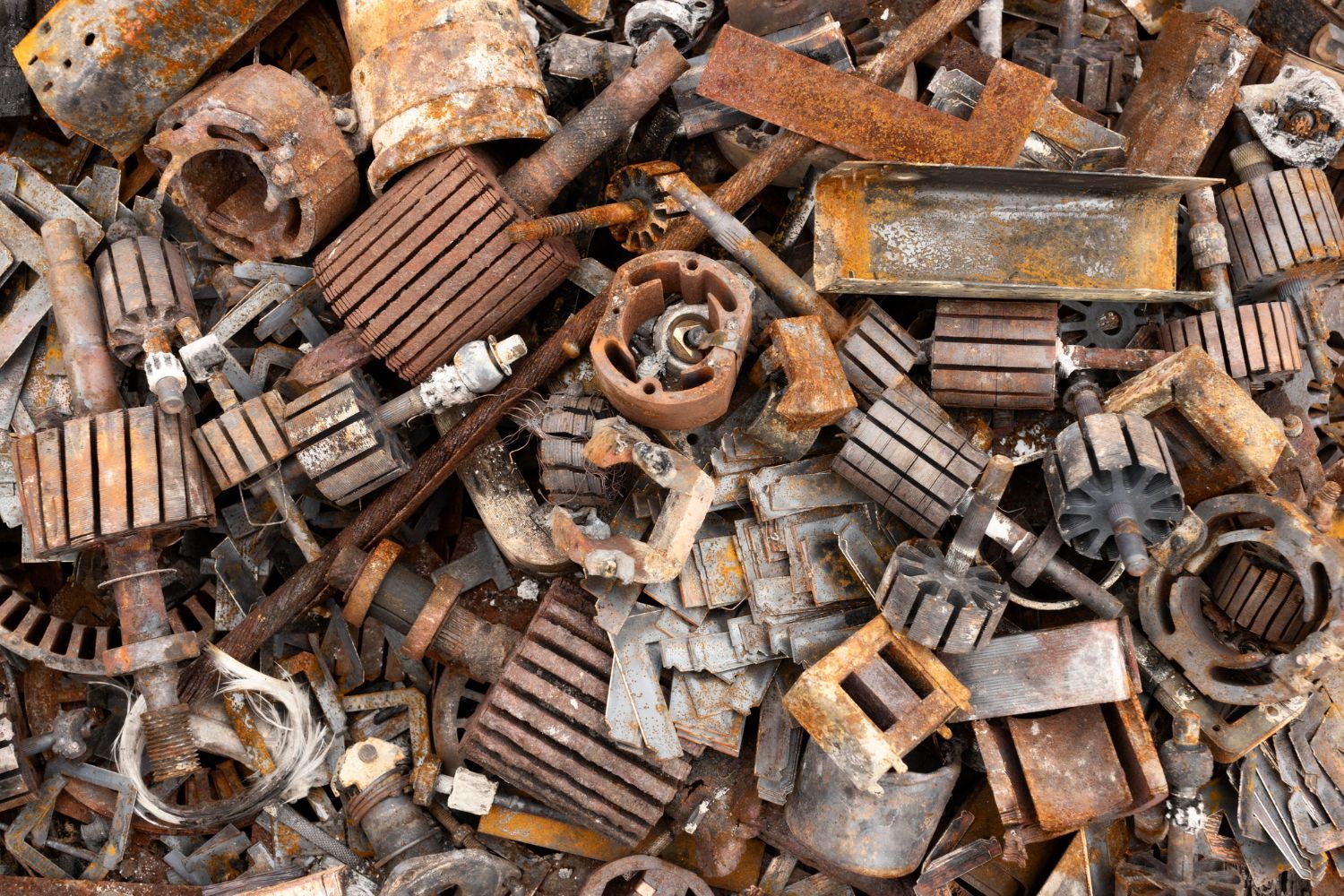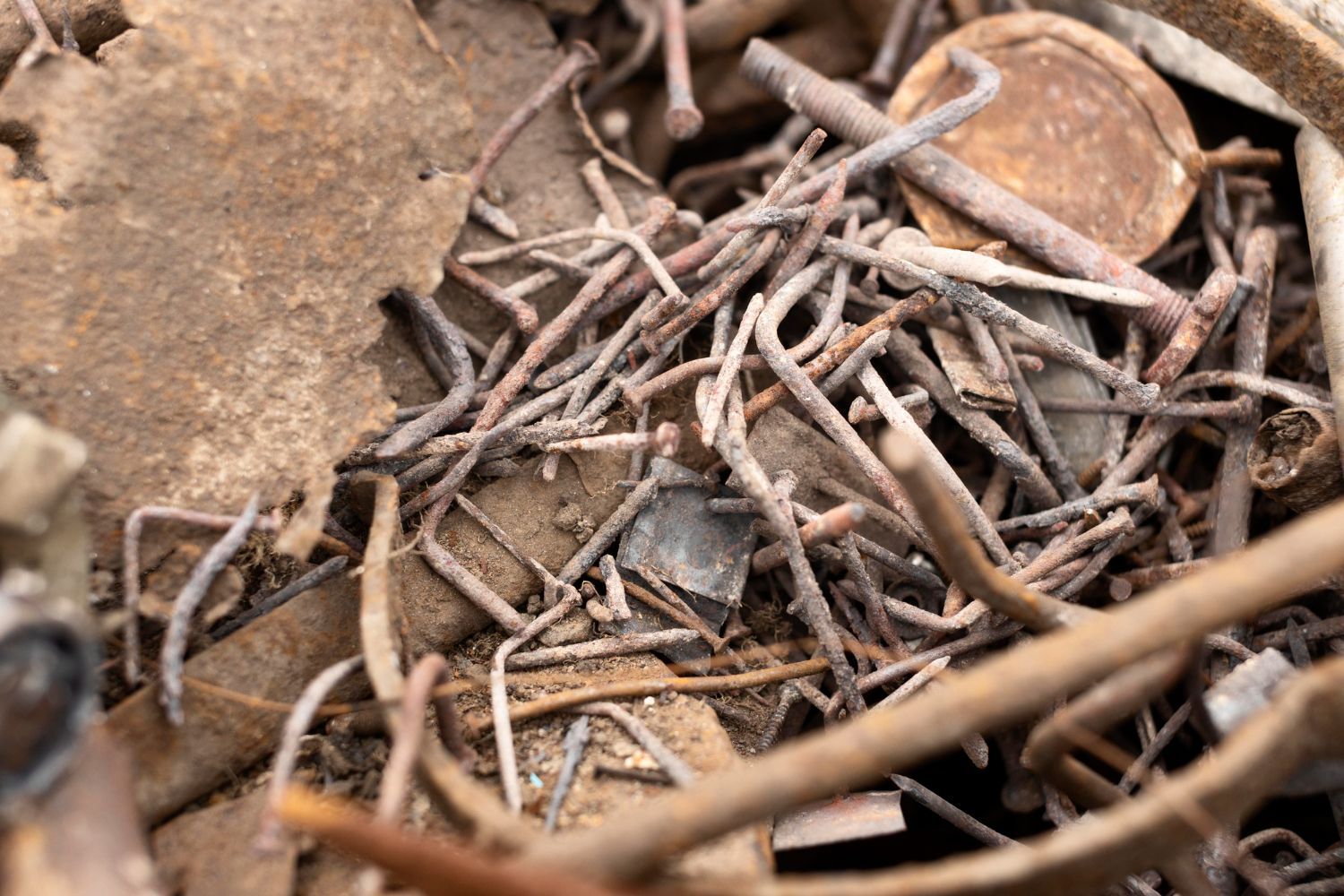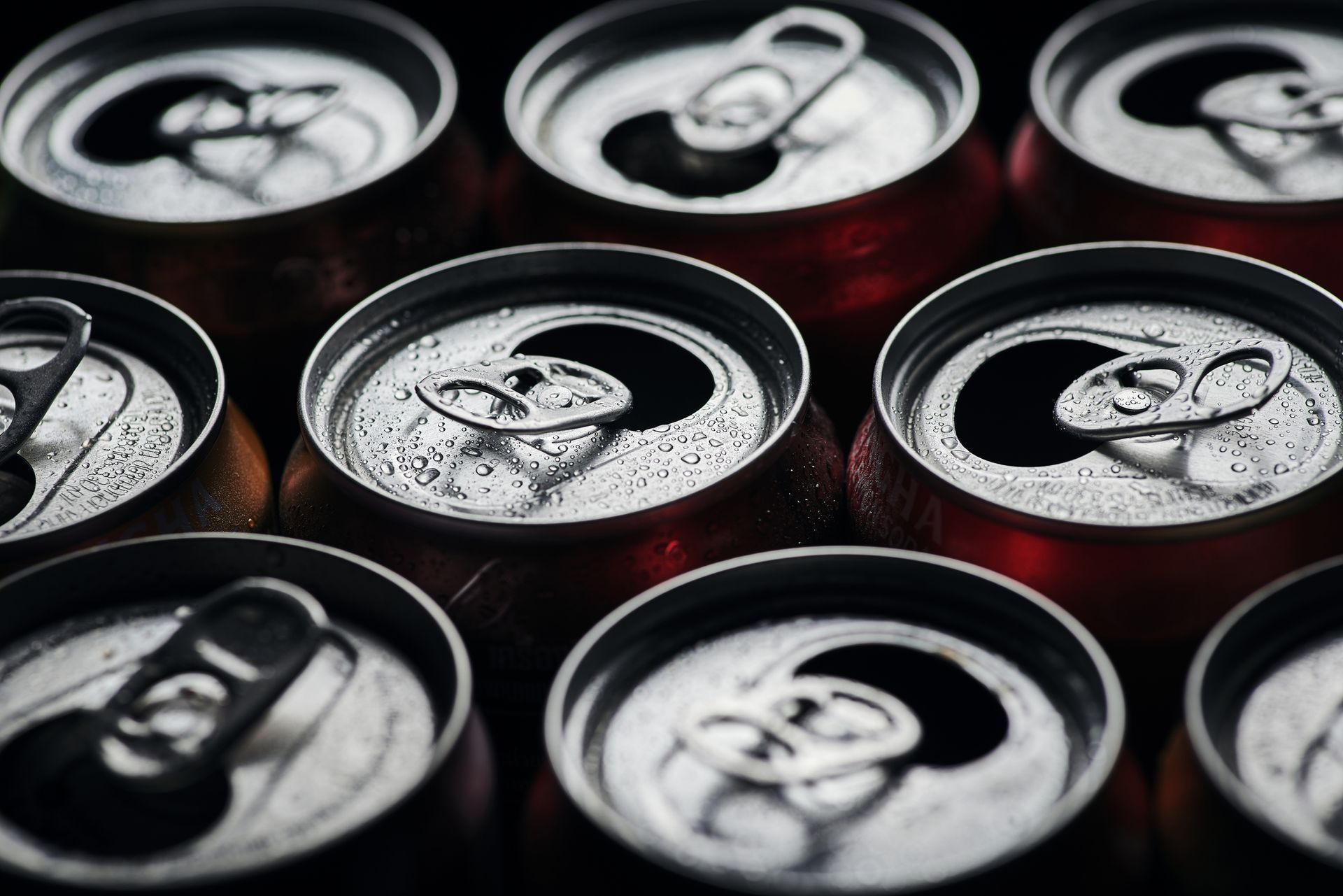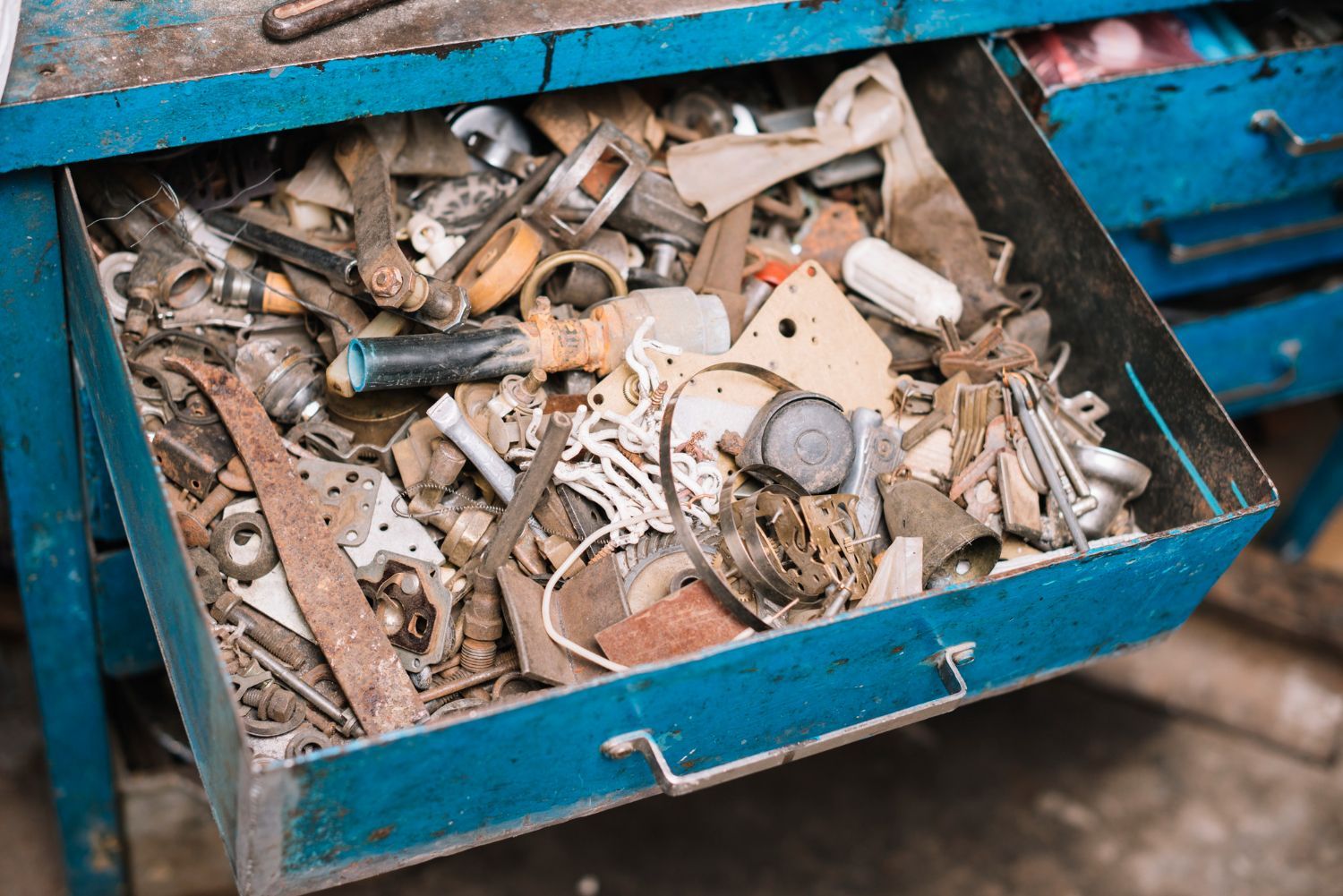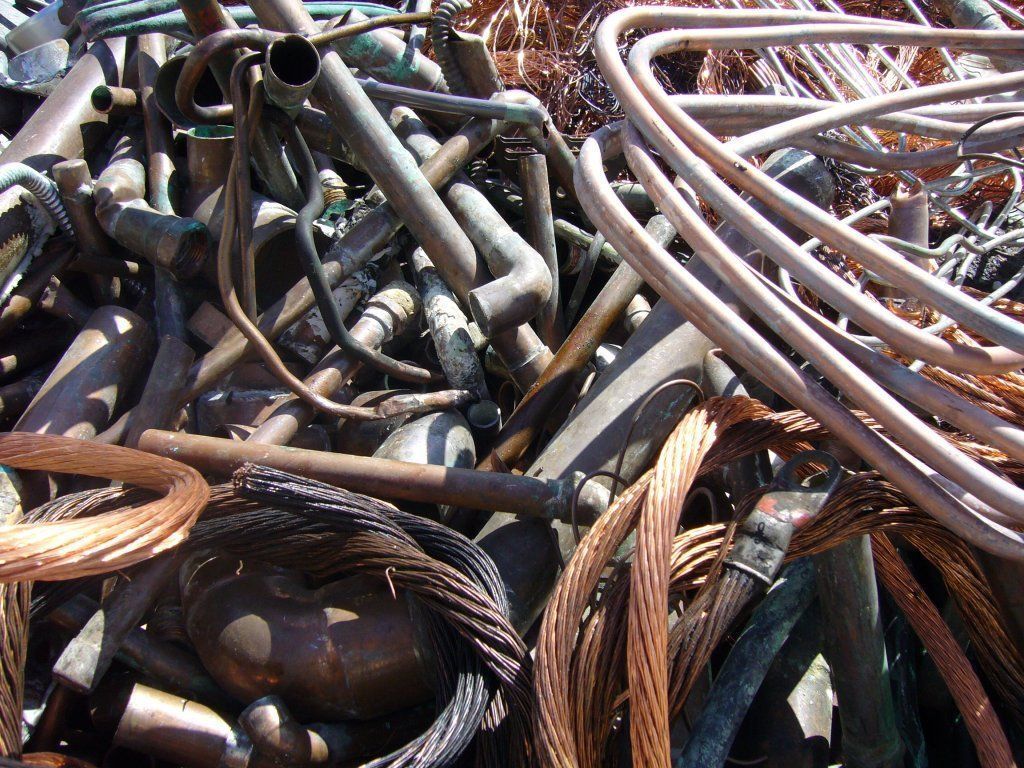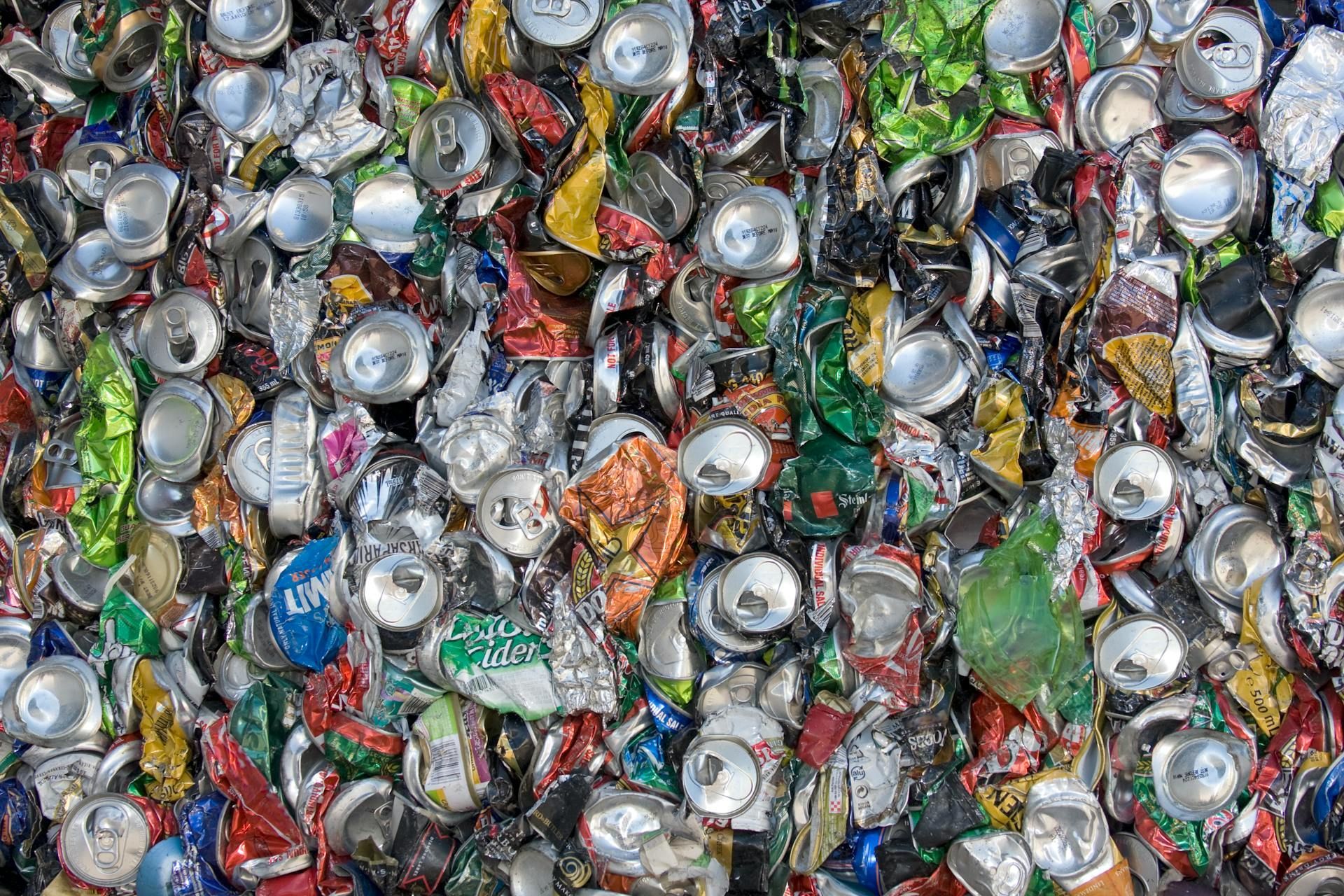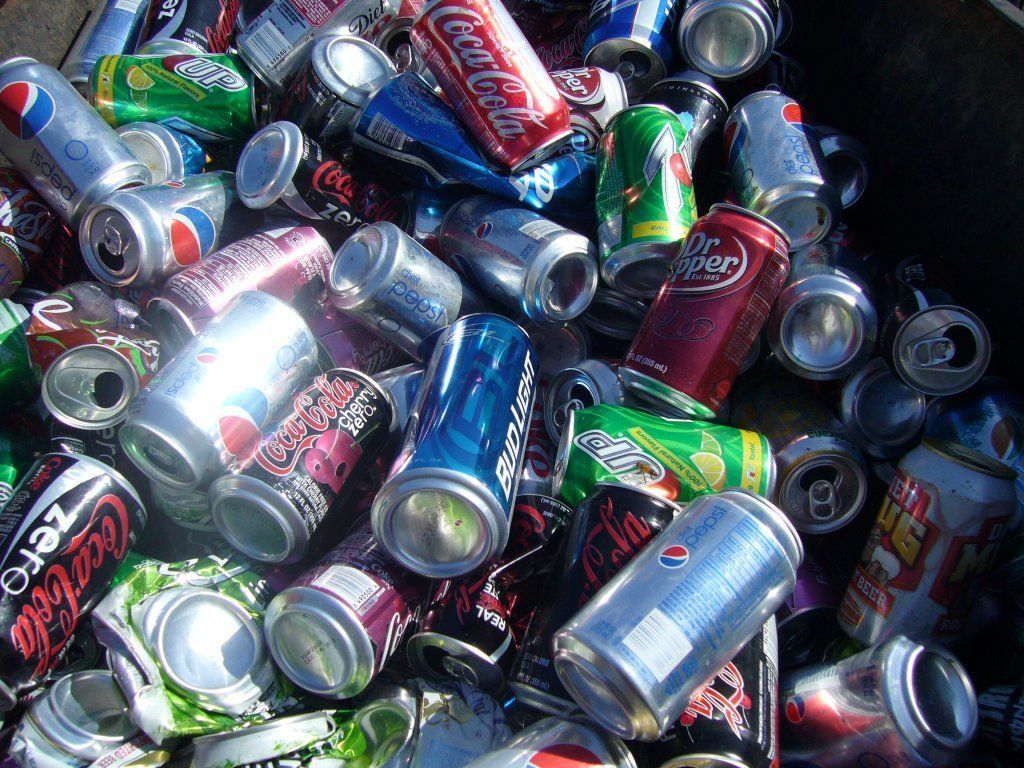5 Ways Recycling Plastic Is Eco-Friendly
While not all plastics are recyclable, some of the most common ones are recyclable and can make many more items in the future. But recycling your plastic is about more than just feeling less wasteful. It can also help reduce greenhouse gases and avoid polluting the Earth with microplastics.
Discover some of the top ways that recycling your plastic materials can help the environment.
1. Keep It From Becoming Microplastics
Unrecycled plastics in your trash probably head to the landfill with the rest of the trash, but not all of the plastic will reach the landfill. Trash trucks lose many pieces of plastic along the roadside on the way to the landfill, and these pieces can then break down and become microplastics that pollute the air, water, and even soil.
In fact, an estimated third of all plastics make their way to the soil or water in one way or another, according to one study. Once this happens, the soil or water can start to become contaminated with phthalates, BPA, and other chemicals from the plastic.
2. Avoid Harming Wildlife
Plastics that get into the environment can also cause damage to wildlife, whether in microplastic form or in the plastic's original form. You've probably heard that plastic straws can harm turtles, but that's not the only type of plastic that can harm wildlife.
A variety of plastic products have the ability to choke wildlife or get into their stomachs and impede digestion. Sending your plastics in for recycling can reduce your contribution to plastic waste, helping to cut down on trash that could end up in the environment.
3. Reduce Need for Non-Renewable Resources
Virgin plastic is created from petroleum materials such as crude oil and natural gas, which are brought up from far below the Earth's surface with techniques such as drilling and fracking. The catch is that the Earth doesn't create new oil as fast as it's used.
While the Earth still has a lot of crude oil left, the oil is nonetheless considered a nonrenewable resource because it replenishes so slowly. So using the plastic that already exists is a much more ecofriendly way to get plastic material.
4. Create Fewer Greenhouse Gases
Plastic manufacturing with virgin plastic can create a lot of pollution and greenhouse gases and use a lot of electricity. While getting recycled materials into usable condition does require some energy, the energy needs are more limited and greenhouse gas production is considerably lower.
So when you recycle plastic materials or choose plastics made of recycled materials, you support materials with a lower environmental impact.
5. Reduce Landfilling
While your personal contribution to a landfill may not seem very significant, don't discount your impact: an average American produces over one ton (2,000 pounds) of trash per year total. The higher you can get the percentage that goes to recycling rather than landfill, the better.
Recycling your plastics can be a much more eco-friendly option than sending them to a landfill. One reason is that plastics in a landfill will slowly leach toxins into the landfill that can end up in the ground later. Another is because managing landfills uses up land, and the sooner one landfill is filled up, the sooner another will be created.
These are just a few of the ways that recycling plastics can help keep the environment healthier. Don't forget that choosing products made with recycled materials is an important way to support recycling as well.
For more information on which plastics can be recycled and how to prepare your plastics for recycling, contact a local salvage company such as Bruce Metal & Salvage today. We recycle not only scrap metal but plastic and glass as well.




